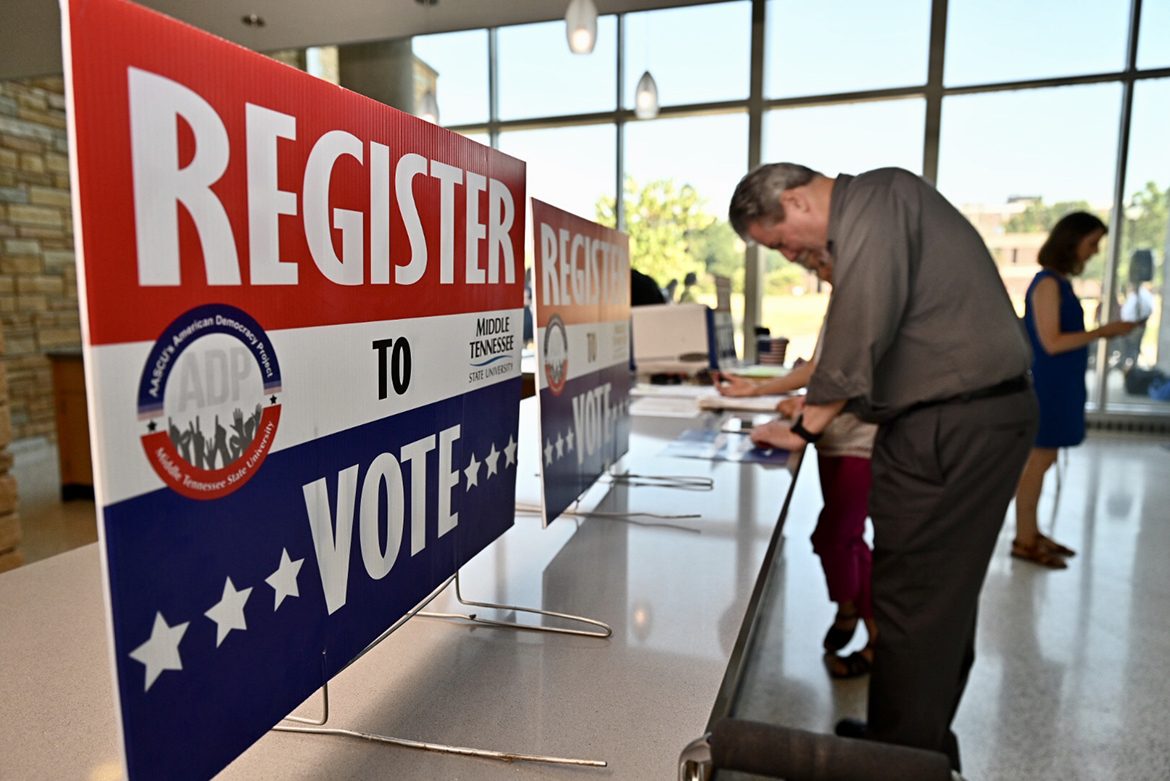In a controversial move, the Biden administration has initiated a program mandating colleges and universities to utilize federal work-study funds for “get-out-the-vote” activities, raising legal eyebrows and partisan concerns.
The U.S. Department of Education’s decision to allocate federal work-study funds for voter registration efforts on campuses has triggered a wave of criticism and legal scrutiny. By expanding the traditional scope of these funds, the administration has ignited a debate over the legality and partisanship of its actions.
Legal experts have pointed out potential violations of the Higher Education Act, the Anti-Deficiency Act, and the Hatch Act. While the Higher Education Act encourages universities to distribute voter registration information to their students, it does not explicitly authorize the use of federal funds for partisan political activities.
Furthermore, concerns have been raised regarding the administration’s interpretation of the law, particularly its application in states with same-day voter registration or no voter registration requirement. Critics argue that the administration’s overreach extends beyond legal boundaries and encroaches on states’ rights.
As the debate unfolds, the Biden administration faces mounting pressure to justify its actions and address the legal uncertainties surrounding the program. With implications for both higher education and electoral integrity, the controversy underscores the complexities of federal involvement in campus politics.

